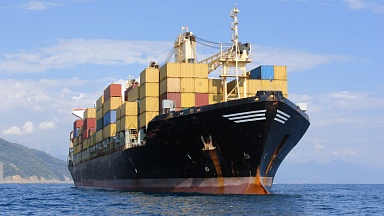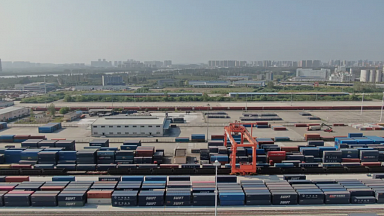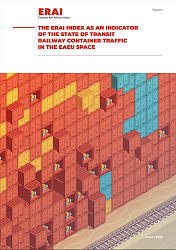The EC is probing allegations of market distortion and breaching EU rules on state aid by the German firm.
Martin Burkert, EVG chairman, said: «The inaction of previous board members to develop a viable concept for a profitable business model has brought the EU commission onto the scene.
After outlandish losses year after year, DB Cargo’s detractors suspect the company is only surviving through loss-making service agreements subsidised by DB Group and, ultimately, the German federal government.
Between 300 and 450 jobs stand to be axed at DB Cargo’s Duisburg customer service centre, which handles enquiries across Europe, out of some 1,800 jobs predicted to be cut across Germany. But the company has called this larger number ‘scaremongering’, pointing out that many of the jobs included are transfers to wholly owned subsidiaries, rather than redundancies.
TFG Transfracht and RBH Logistics are both wholly owned subsidiaries of DB Cargo, which also owns an 80% stake in Mid-German Railway Company (MEG).
Mr Burkert added: «By cutting jobs, they want to save costs and thus appease the EC. This is the completely wrong approach, in which our colleagues are the victims. We don’t need a downsizing course at DB Cargo, but a future-oriented growth strategy.»
It remains to be seen whether the EC’s recent campaigns against national rail carriers, including the expected break-up of DB Cargo, will represent the reinvigoration of German rail freight that many of its competitors suspect, or a further curtailment in an industry which has lost out to trucking in recent years.
In a disastrous development for the climate, rail’s modal share throughout Europe has diminished from 60% in 1950 to just 15% today. DB Cargo mothballed 24 electric locomotives mid-last year, citing untenable energy costs.




